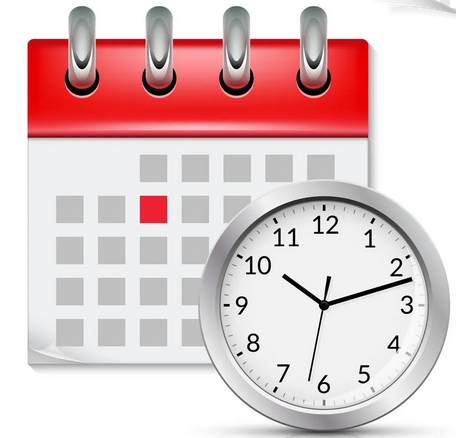
support@yorubalibrary.com
+2348073529208, 07038599574

The Yoruba people, predominantly found in southwestern Nigeria, possess a rich cultural heritage that includes a unique system of timekeeping. The Yoruba calendar and traditional methods of measuring time are deeply intertwined with their agricultural, religious, and social practices. Understanding these systems provides valuable insights into the daily lives and worldview of the Yoruba people.
The Structure of the Yoruba Calendar
The Yoruba calendar is a lunar calendar that differs from the Gregorian calendar commonly used today. It consists of 12 months, each with 29 or 30 days, aligning closely with the lunar cycle. This system ensures that the Yoruba calendar is in harmony with natural phenomena, particularly the moon phases, which play a crucial role in agricultural and religious activities.
The months in the Yoruba calendar are as follows:
| English Months | Yoruba Meanings |
|---|---|
| January | Oṣu Sere |
| February | Oṣu Èrèlé |
| March | Oṣu Ẹrẹ́nà |
| April | Oṣu Igbe |
| May | Oṣu Ẹ̀bibi |
| June | Oṣu Òkúdu |
| July | Oṣu Agẹmo |
| August | Oṣu Ògún (or Aga) |
| September | Oṣu Owewe |
| October | Oṣu Ọ̀wàrà |
| November | Oṣu Bélú |
| December | Oṣu Ọ̀pẹ̀ |
Each month is associated with specific agricultural activities and festivals, reflecting the integral connection between the calendar and the Yoruba way of life.
Weekdays in the Yoruba Calendar
The Yoruba week consists of four days, each associated with particular deities and market days. The days are named:
| English | Yoruba |
|---|---|
| Day of Orunmila | Ọjọ́ Awo |
| Day of Esu | Ọjọ́ Ose |
| Day of Ogun | Ọjọ́ Ogun |
| Day of Sango | Ọjọ́ Jakuta |
These days are cyclical, with markets and various religious activities scheduled according to this four-day week. The significance of each day is tied to the deity it honors, influencing both spiritual practices and daily routines.
Traditional Timekeeping Methods
Yoruba traditional timekeeping relies heavily on natural phenomena and communal activities. Unlike modern timekeeping, which uses precise clocks and watches, the Yoruba measure time through the observation of the sun, moon, and stars.
The Role of the Sun and Shadows
One of the primary methods of telling time is by observing the position of the sun and the length of shadows. Early morning (Owuro) is identified by the rising sun, while midday (Osan) is when the sun is at its zenith and shadows are shortest. Evening (Irole) begins as the sun sets and shadows lengthen, leading into night (Ale).
The Importance of Roosters and Other Natural Indicators
Roosters play a significant role in Yoruba timekeeping. The crowing of a rooster at dawn signals the beginning of a new day. Other natural indicators include the behavior of certain animals and the blooming patterns of specific plants, which are observed to gauge the passage of time throughout the day and night.
The Cultural Significance of Time in Yoruba Society
Time in Yoruba culture is not merely a measure of hours and minutes but a reflection of the community’s connection to nature and the cosmos. Traditional timekeeping practices are embedded in everyday life, from farming and trading to religious ceremonies and social gatherings. This holistic approach to time fosters a strong sense of rhythm and order within the community.
Agricultural Activities
Agriculture is central to Yoruba life, and the calendar plays a crucial role in farming cycles. Planting, harvesting, and other agricultural activities are meticulously planned according to the lunar calendar and seasonal changes. This ensures that crops are sown and reaped at optimal times, aligning with natural rhythms.
Religious and Social Events
Religious festivals and social events are also scheduled based on the Yoruba calendar. Significant ceremonies, such as the New Yam Festival and various deities' celebrations, are held on specific dates that hold spiritual importance. This synchronization of timekeeping with cultural practices reinforces communal bonds and preserves traditional knowledge.
Conclusion
The Yoruba calendar and traditional methods of timekeeping offer a profound understanding of the Yoruba people's connection to nature and their cultural heritage. By observing lunar cycles, solar positions, and natural indicators, the Yoruba have developed a comprehensive system that governs agricultural, religious, and social activities. Embracing these traditional practices provides a deeper appreciation of the Yoruba worldview and their harmonious relationship with the environment.

Learn about the Yoruba concept of Ìwà Pẹ̀lẹ́ (good…

Learn special praises for Divine Being and Creator…